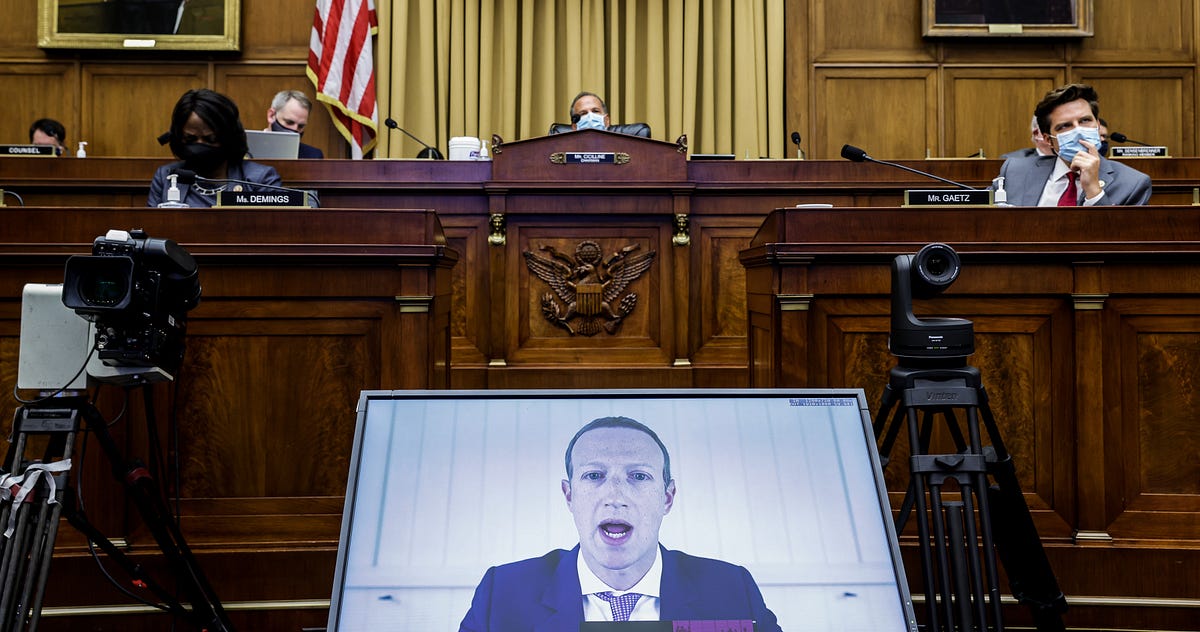Welcome back to Pattern Matching, OneZero’s weekly newsletter that puts the week’s most compelling tech stories in context.
On April 14, 1994, the CEOs of the seven big American tobacco firms sat side by side, facing a Congressional subcommittee hearing on their products’ health impacts. Rep. Ron Wyden, D-Oregon, asked them one by one to answer a simple question: Do you believe nicotine is not addictive? All seven, under oath, confirmed that they did not believe nicotine was addictive (video). The executives acknowledged that they manipulated nicotine levels in their products, but said it was to improve their flavor, not keep users hooked.
The hearing marked a turning point in the industry’s history. Up to that point, Big Tobacco had seemed untouchable politically at the federal level thanks to its cozy relationship with the GOP. But public opinion gradually turned against it as the industry continued to deny what had become plain to see: that its products were deadly, that it knew they were deadly, and that it marketed them to young people anyway.
After the 1994 hearing, the executives’ claims became infamous, and they were dubbed the “seven dwarfs.” A cascade of litigation followed, and by 1998 Republicans had abandoned the industry as a political liability, setting the stage for the industry-changing Tobacco Master Settlement later that year.
What does all of this have to do with the tech industry in 2020? Well…
The Pattern
Mr. Bezos, Mr. Cook, Mr. Pichai, and Mr. Zuckerberg go to Washington.
- On Wednesday, the CEOs of the four most dominant internet platforms testified before the U.S. House Judiciary Committee’s subcommittee on antitrust. Each called in via Cisco’s WebEx videoconferencing service, though each runs a company that offers its own such service. (Fun fact: the venerable WebEx is The Wirecutter’s top pick for videoconferencing.)
#economy #business #pattern-matching #technology #big-tech
